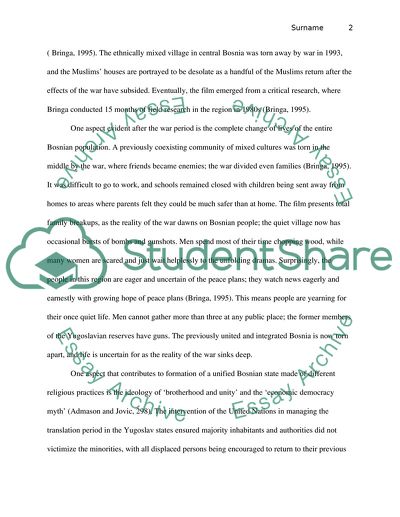Cite this document
(“Waiting for Macedonia by Ilka Thiessen Essay Example | Topics and Well Written Essays - 1750 words”, n.d.)
Waiting for Macedonia by Ilka Thiessen Essay Example | Topics and Well Written Essays - 1750 words. Retrieved from https://studentshare.org/culture/1589761-waiting-for-macedonia-by-ilka-thiessen
Waiting for Macedonia by Ilka Thiessen Essay Example | Topics and Well Written Essays - 1750 words. Retrieved from https://studentshare.org/culture/1589761-waiting-for-macedonia-by-ilka-thiessen
(Waiting for Macedonia by Ilka Thiessen Essay Example | Topics and Well Written Essays - 1750 Words)
Waiting for Macedonia by Ilka Thiessen Essay Example | Topics and Well Written Essays - 1750 Words. https://studentshare.org/culture/1589761-waiting-for-macedonia-by-ilka-thiessen.
Waiting for Macedonia by Ilka Thiessen Essay Example | Topics and Well Written Essays - 1750 Words. https://studentshare.org/culture/1589761-waiting-for-macedonia-by-ilka-thiessen.
“Waiting for Macedonia by Ilka Thiessen Essay Example | Topics and Well Written Essays - 1750 Words”, n.d. https://studentshare.org/culture/1589761-waiting-for-macedonia-by-ilka-thiessen.


